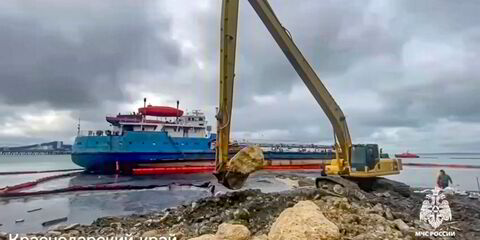In a risk bulletin the mutual marineinsurer told members that main engine failures and electrical blackouts nowamount to 7% of its third-party property damage claims.
The club, which is managed by ThomasMiller, indicated that many were “enormously expensive” and in some casesamounted to “millions of dollars”.
“Ships effectively out of control as aresult of these problems have caused extensive damage to berths, locks,bridges, navigational marks, loading arms, cranes and gantries as well asmoored ships,” it added. “Costly collision and grounding claims can similarlybe caused by these failures.”
The mutual said main engine failures andblackouts tend to occur most regularly at the point in a voyage where a vesselis at its most vulnerable, often in the confined waters of ports after stableloads have been disturbed, and believes there is a link between sudden loss ofpower the use of low-sulphur fuel.
“Reports from pilots, operating inemission control areas where fuel grade changes have been implemented, indicatethat these problems have become quite widespread, noting that ships regularlyseem to be experiencing power losses, invariably at critical times in theirmanoeuvres and which are attributed to ‘fuel problems’,” the club continued.
The insurer said its report was based onan analysis or more than 700 claims and questionnaires distributed by in-houseassessors over the course of a year to 249 crews who were asked about theirexperience with blackouts, main engine failures and issues with fuel switching.
At the top of suggestions for combating suddenloss of power the report, which can be viewed in full by clicking the linklocated under the ‘Related Media ’section to the right of this article, calls for improved communication between deckofficers and engineers.
“Around three quarters of all chiefengineers questioned reported blackouts caused by starting bow thrusters anddeck machinery such as mooring winches or cranes with insufficient electricalpower being available,” the club explained.(Copyright)



